News
Comprehensive Guide to Rectifiers: Origin, Types, Selection, Features, and In-Depth Analysis of YUCOO
Click: 1338 Date: 11/14/2023 2::14::45 PM
Comprehensive Guide to Rectifiers: Origin, Types, Selection, Features, and In-Depth Analysis of YUCOO
Introduction:
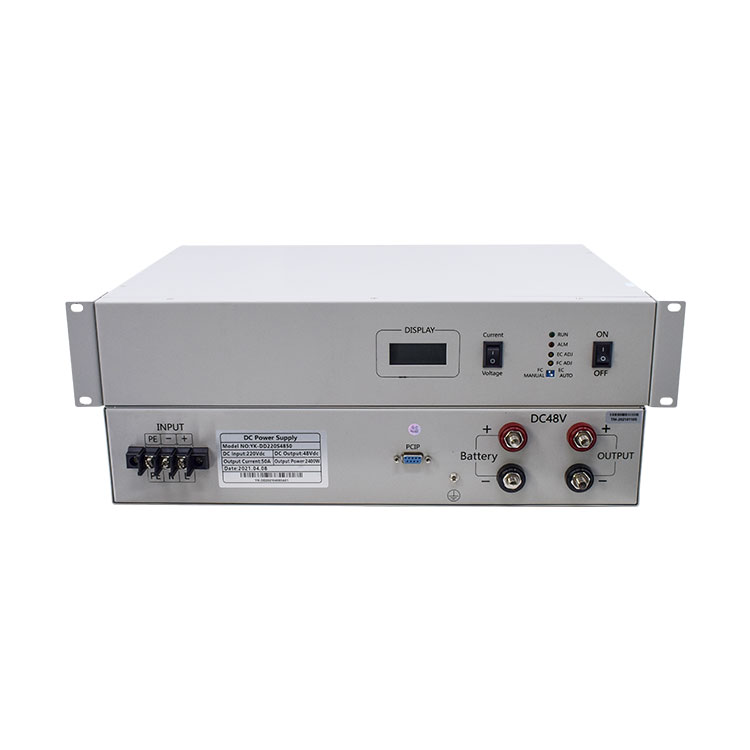
The Origin and Introduction of Rectifiers
A rectifier is an electrical device that converts alternating current (AC), which periodically reverses direction, into direct current (DC), which flows in only one direction. The process is known as rectification.
Rectifiers have a rich history rooted in the development of electronics. The earliest form of rectifiers, known as cat's whisker detectors, were used in crystal radio sets in the early 20th century. Later, vacuum tube diodes and selenium rectifiers were used. With the advent of solid-state technology, silicon-based semiconductors became the cornerstone of rectifier design.
Rectifiers have a myriad of applications, including power supplies for electronics, DC power transmission, and in processes such as electroplating and welding.
YUCOO, a company with 20 years of experience in the charger industry, has significantly contributed to the development and manufacturing of rectifiers. With a global customer base, YUCOO's products are highly sought after for their quality and reliability. The company's contribution to the advancement of rectifier design and technology is substantial, making it a key player in the industry.
In the next sections, we will delve deeper into the different types of rectifiers, how to choose a good one, and YUCOO's specific offerings in the market.
Different Types of Rectifiers
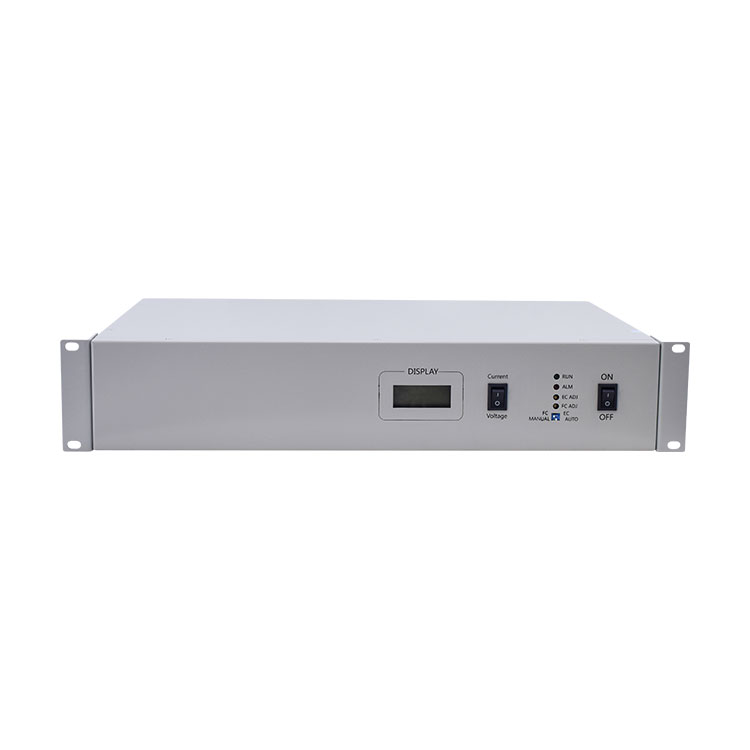
Rectifiers come in various types, with each having its unique design, characteristics, and applications. The main types of rectifiers include:
Half-Wave Rectifier: This is the simplest type of rectifier, which only allows one half of an AC waveform to pass through to the load.
Full-Wave Rectifier: This type of rectifier inverts the negative halves of the waveform and applies them to the load as positive. It's more efficient than a half-wave rectifier as it utilizes both halves of the waveform.
Bridge Rectifier: A bridge rectifier uses four diodes in a bridge arrangement to achieve full-wave rectification. This is its advantage over a simple full-wave rectifier, which requires a center-tapped transformer.
Controlled Rectifier: Also known as a thyristor rectifier, a controlled rectifier allows the control of the output DC voltage.
Each type of rectifier has its specific applications, ranging from small electronic devices (like radio receivers) that use half-wave rectifiers, to power transmission systems that use controlled rectifiers.
YUCOO, as a leading manufacturer, provides a wide variety of rectifiers to cater to different needs. Their product line includes high-quality half-wave, full-wave, bridge, and controlled rectifiers. Each of these products is designed with utmost care to ensure efficiency, durability, and reliability, making YUCOO's rectifiers suitable for a wide range of applications in the industry.
How to Choose a Good Rectifier
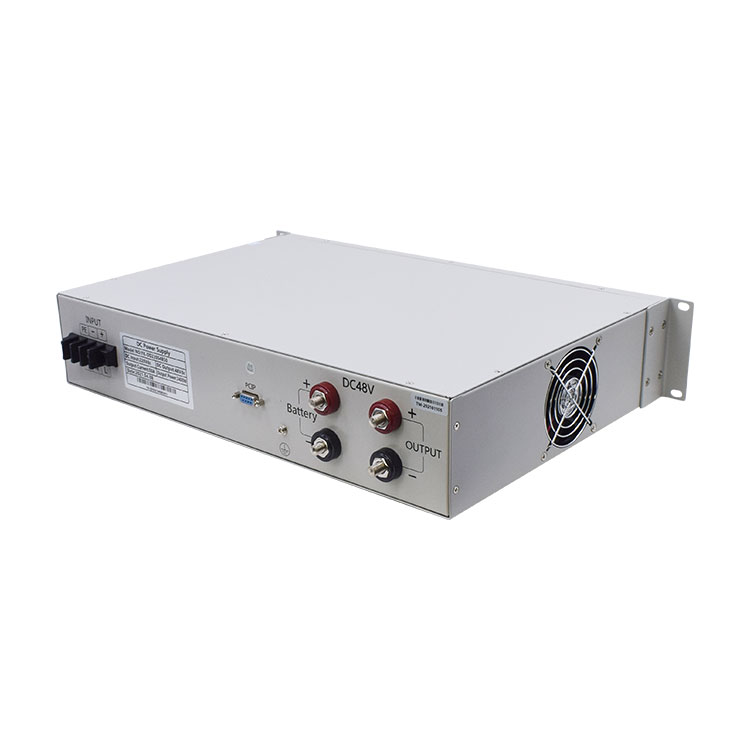
Choosing the right rectifier can be critical for the operation of your electronic devices. Here are some factors to consider:
Type of Rectifier: As discussed above, different types of rectifiers are suitable for different applications. Choose the type that fits your specific needs.
Efficiency: A good rectifier should convert AC to DC efficiently with minimal power loss.
Cost: While it's important to consider the cost, it shouldn't be the only deciding factor. A cheaper rectifier might end up costing more in the long run due to lower efficiency or shorter lifespan.
Reliability: The rectifier should be able to operate reliably under its specified conditions. Look for rectifiers from reputable manufacturers that offer warranties.
Size and Weight: Depending on the application, the physical size and weight of the rectifier might be important factors.
Ratings: Check the voltage and current ratings of the rectifier to ensure it can handle the power requirements of your application.
YUCOO's rectifiers stand out in all these aspects. They offer a range of high-quality rectifiers that are efficient, reliable, and competitively priced. Furthermore, YUCOO is known for its excellent customer service and warranty support, which adds to the reliability of their products. Whether you need a rectifier for a small electronic device or a large industrial application, YUCOO has a solution that fits your needs.
Understanding the Characteristics of Rectifiers
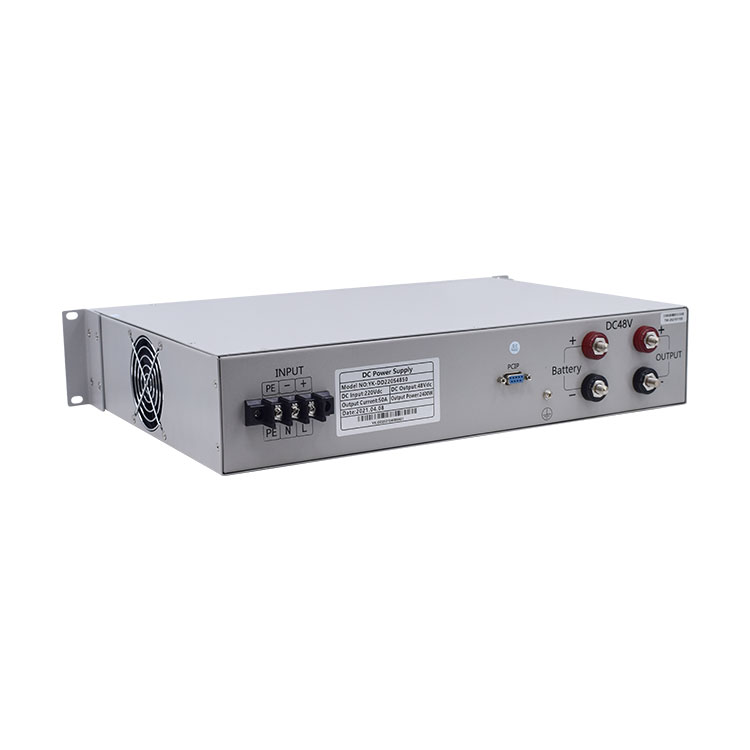
Rectifiers possess certain key features and characteristics, which vary based on their type:
Directionality: Rectifiers allow current to flow in one direction, facilitating the conversion of AC to DC.
Efficiency: The efficiency of a rectifier refers to its ability to convert AC to DC with minimal power loss. Full-wave and bridge rectifiers are generally more efficient than half-wave rectifiers.
Pulsating DC Output: Despite converting AC to DC, rectifiers often produce a pulsating DC output which needs to be smoothed out using filters.
Peak Inverse Voltage (PIV): PIV is the maximum voltage a rectifier can withstand in the reverse direction without breaking down. Rectifiers must be chosen with a PIV rating suitable for the application.
Forward Voltage Drop & Power Loss: Rectifiers have a certain voltage drop when conducting, which leads to power loss. Minimizing this is crucial for efficiency.
YUCOO rectifiers are designed keeping these characteristics in mind. Their full-wave and bridge rectifiers are highly efficient, making them suitable for applications where energy efficiency is crucial. They also ensure their rectifiers have a high PIV rating for enhanced reliability. The forward voltage drop and power loss in YUCOO rectifiers are minimized to improve overall efficiency.
Furthermore, YUCOO rectifiers are designed to handle the pulsating DC output effectively, providing a smooth DC output that is critical for the functioning of many electronic devices. This makes YUCOO rectifiers not just efficient and reliable, but also versatile in their application.
Detailed Introduction to YUCOO, a Renowned Rectifier Manufacturer
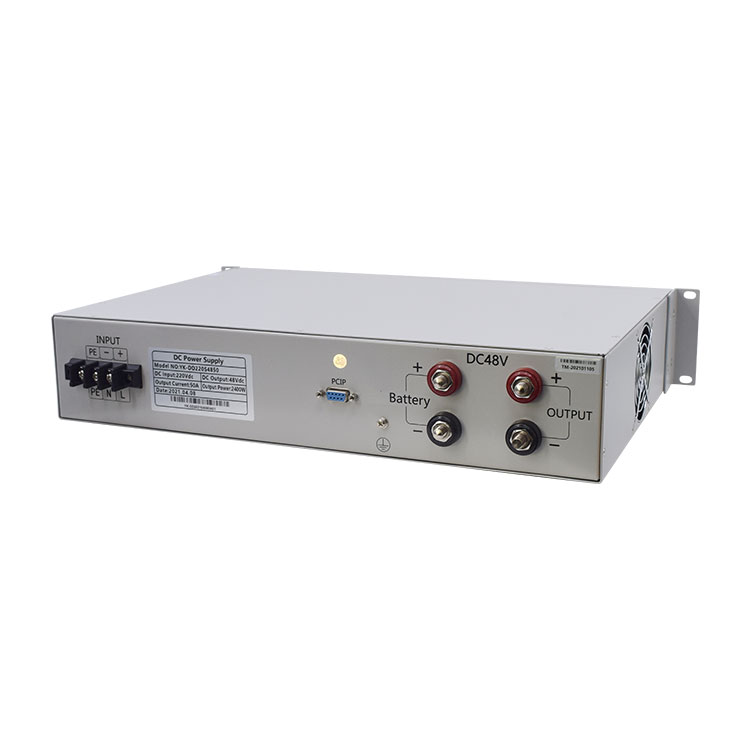
YUCOO is a renowned manufacturer in the rectifier industry, with over 20 years of experience in the field. The company has made significant contributions to the development and manufacturing of rectifiers, earning a reputation for quality and reliability.
YUCOO offers a wide range of rectifiers, including half-wave, full-wave, bridge, and controlled rectifiers. Each product is designed with meticulous attention to detail and built to deliver high efficiency and reliability. The company's product line caters to a diverse range of applications, from small electronic devices to large industrial systems.
YUCOO's reputation in the industry is further bolstered by positive testimonials from customers worldwide. Clients often commend the company's high-quality products, excellent customer service, and commitment to innovation. YUCOO's products are not just efficient and reliable; they also offer good value for money, making them a preferred choice for many customers.
In terms of contributions to the field of rectifiers, YUCOO has consistently pushed the boundaries of technology. The company invests heavily in research and development, continually introducing new and improved products that meet the evolving needs of customers and the industry at large.
In conclusion, YUCOO's commitment to quality, innovation, and customer satisfaction has established it as a leading player in the rectifier industry. Whether you're looking for a simple half-wave rectifier or a sophisticated controlled rectifier, YUCOO has a solution to meet your needs.